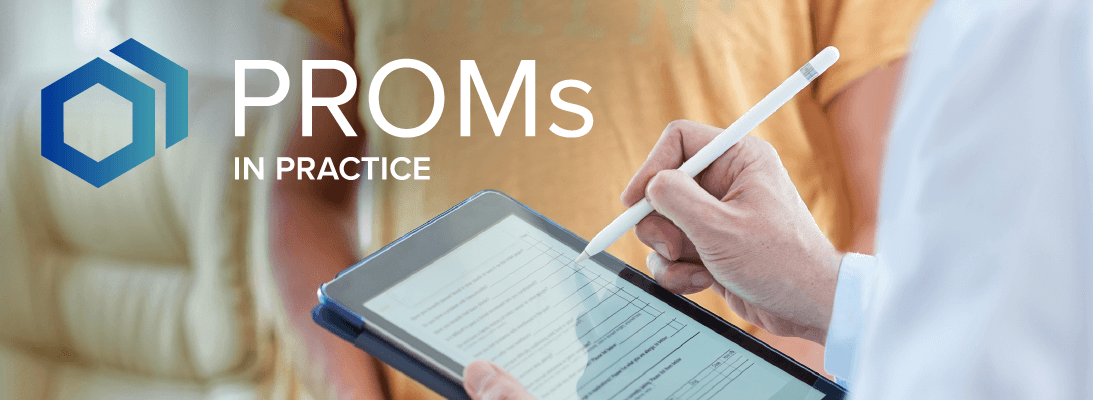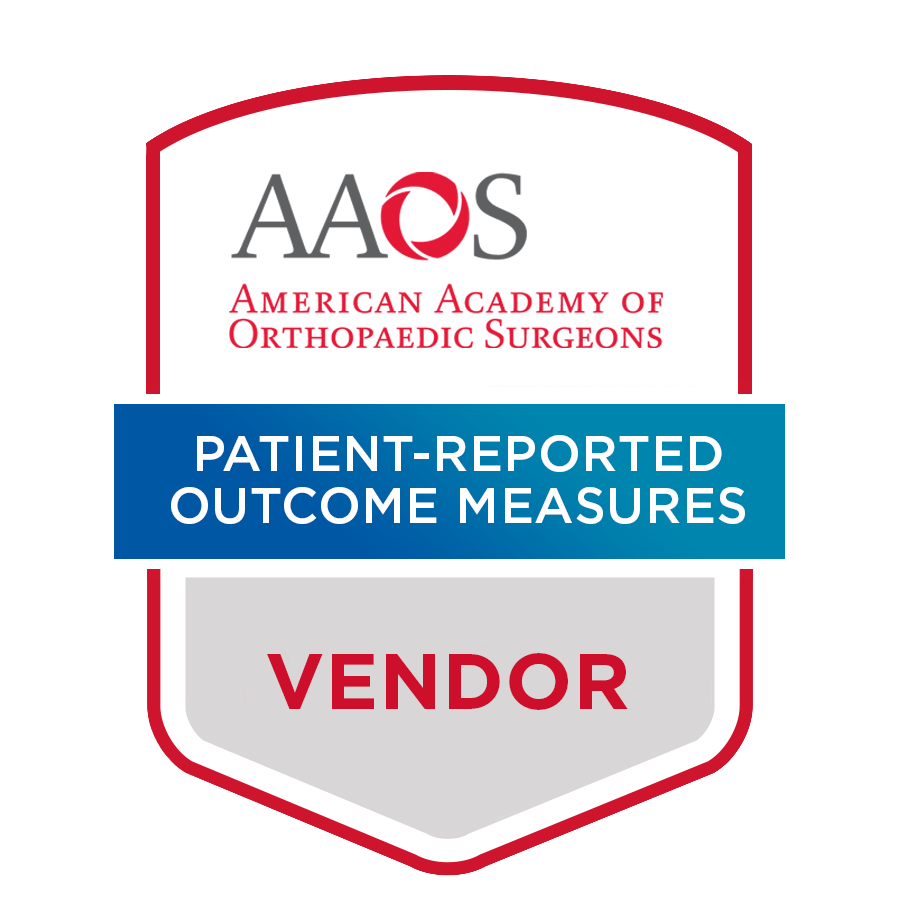
Guiding You Forward
The healthcare policy landscape has changed, and utilization of patient-reported outcome data has become a performance measure requirement by federal payers such as the Centers for Medicare & Medicaid Services (CMS) as well as for commercial insurers. The AAOS "PROMs in Practice" resources were designed to equip you with best practices and tools needed to evaluate patient care outcomes and use PROMs for performance measure programs.

Introducing the AAOS PROMs Vendor Program
The AAOS PROMs Vendor Program is designed to offer a rich library of technology vendors and solutions to AAOS members and their orthopaedic care teams, supporting them with the collection and analysis of patient outcomes data. We invite you to review the participants and reach out to them as desired to identify the best option for your team's needs.

Hear From Surgeon Leaders
Hear key surgeon leaders' firsthand perspectives on how PROMs enhance patient care, streamline hospital-level implementation, and why patient participation is paramount.